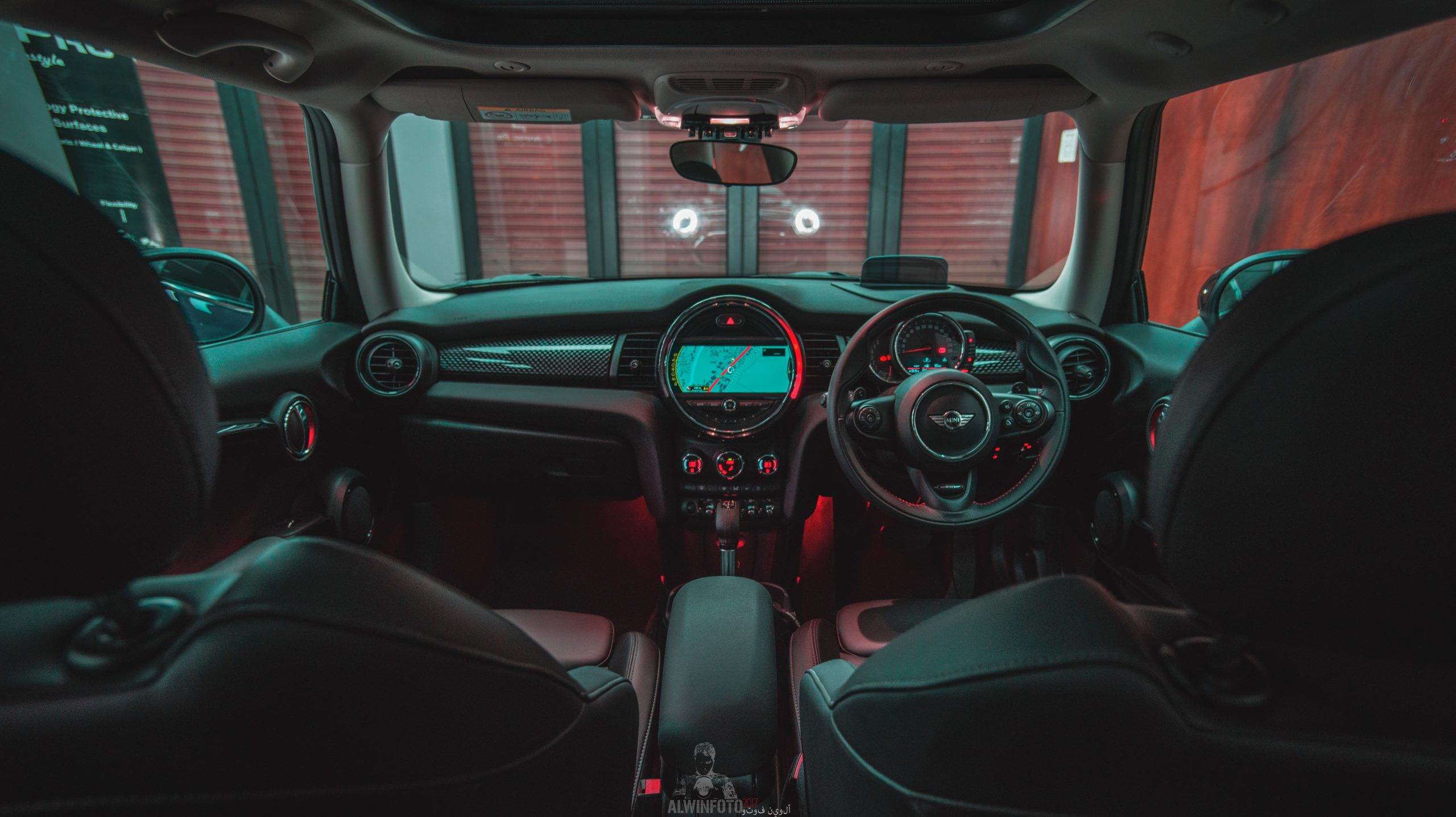Revolutionizing Fleet Management: How Dash Cams are Taking the Wheel
Why are dash cams such an essential tool in the fleet manager’s toolkit? Here’s a look at why commercial dash cams are so useful in fleet management.
The Role of Dash Cams in Effective Fleet Management
In the modern era, where technology intersects with daily business operations, companies are perpetually on the lookout for tools to enhance efficiency and safety. Enter the world of dash cams – a game-changer for fleet management. Once solely the domain of keen motorists or security-conscious drivers, dash cams are now firmly establishing their territory in the realm of fleet management.
What Exactly Is a Dash Cam?
A dash cam is a small digital video camera designed specifically for vehicles. It is mounted on the dashboard or affixed to the windscreen of the car. Its primary function is to record continuous video footage of the road ahead, though some models can also record the vehicle’s interior or the area behind the vehicle.
Most dash cams are powered by the vehicle’s electrical system, typically plugging into the 12V cigarette lighter socket. Some models can also be hardwired directly into the vehicle’s battery. When the vehicle is turned on, the dash cam usually starts recording automatically.
Modern dash cams offer high-definition (HD) recording, with many supporting 1080p resolution or even 4K. The quality ensures that details like vehicle number plates and street signs are legible in the footage.
How Dash Cams Revolutionise Fleet Management
Enhanced Driver Behaviour and Safety
With a recording device in place, drivers are incentivised to stick to rules and avoid aggressive driving. This not only reduces the risk of accidents but can also lead to significant savings in fuel and maintenance costs.
Evidence in Accident Disputes
Dashcam footage provides an objective record of events leading up to an accident. This can protect companies from fraudulent claims and can be pivotal in determining responsibility. By reducing the time and resources spent fighting costly claims, dash cam evidence of your driver’s innocence is invaluable.
Reduced Insurance Premiums
Many insurance companies recognise the benefits of dash cams and offer reduced premiums for fleets equipped with them. The potential for fewer claims and the availability of video evidence make such fleets a better bet for insurers.
Monitoring of Vehicle Location and Condition
Modern dash cams often come with GPS and can also be integrated with other vehicle sensors. This can provide fleet managers with real-time information about a vehicle’s location and status for improved fleet maintenance and route optimisation.
Protection Against Theft and Vandalism
Some dash cams are equipped with parking modes that activate the camera if motion or impact is detected, capturing potential theft or vandalism. However, even simply having a visible dash cam inside the vehicle is likely to deter thieves and vandals in the first place.
Efficient Coaching Tool
Managers can use the video recordings to provide feedback to drivers, offering constructive criticism or praise where needed. It’s one thing to explain a driving fault, and another to show it.
The Bigger Picture: Beyond the Dashboard
Beyond the immediate benefits, the integration of dashcam technology presents a paradigm shift in how businesses view fleet management.
Data Analytics
With the right software, the data from dash cams and GPS tracking systems can be analysed to provide insights on best routes, idle times, and even areas where drivers consistently face challenges.
Sustainability
Efficient driving means less fuel consumption. When drivers are aware they’re being monitored, instances of excessive idling or aggressive driving (both of which consume more fuel) can drop. This not only saves money but also reduces the carbon footprint of your fleet.
Public Image
In a world where corporate responsibility is under the microscope, a commitment to safety and efficiency can boost a company’s image. A fleet known for its disciplined driving is a PR asset.
Conclusion
The advent of dash cams in fleet management is not just a technological shift, but a cultural one. As businesses adapt to a tech-driven world, tools like dashcams are proving indispensable in merging safety, efficiency, and responsibility.
To find out more about commercial dash cams for your vehicle fleet, head over to Crystal Ball. Offering a range of integrated fleet management tools including dash cams, fleet tracking, and 360-degree camera systems, Crystal Ball has everything fleet managers need.

